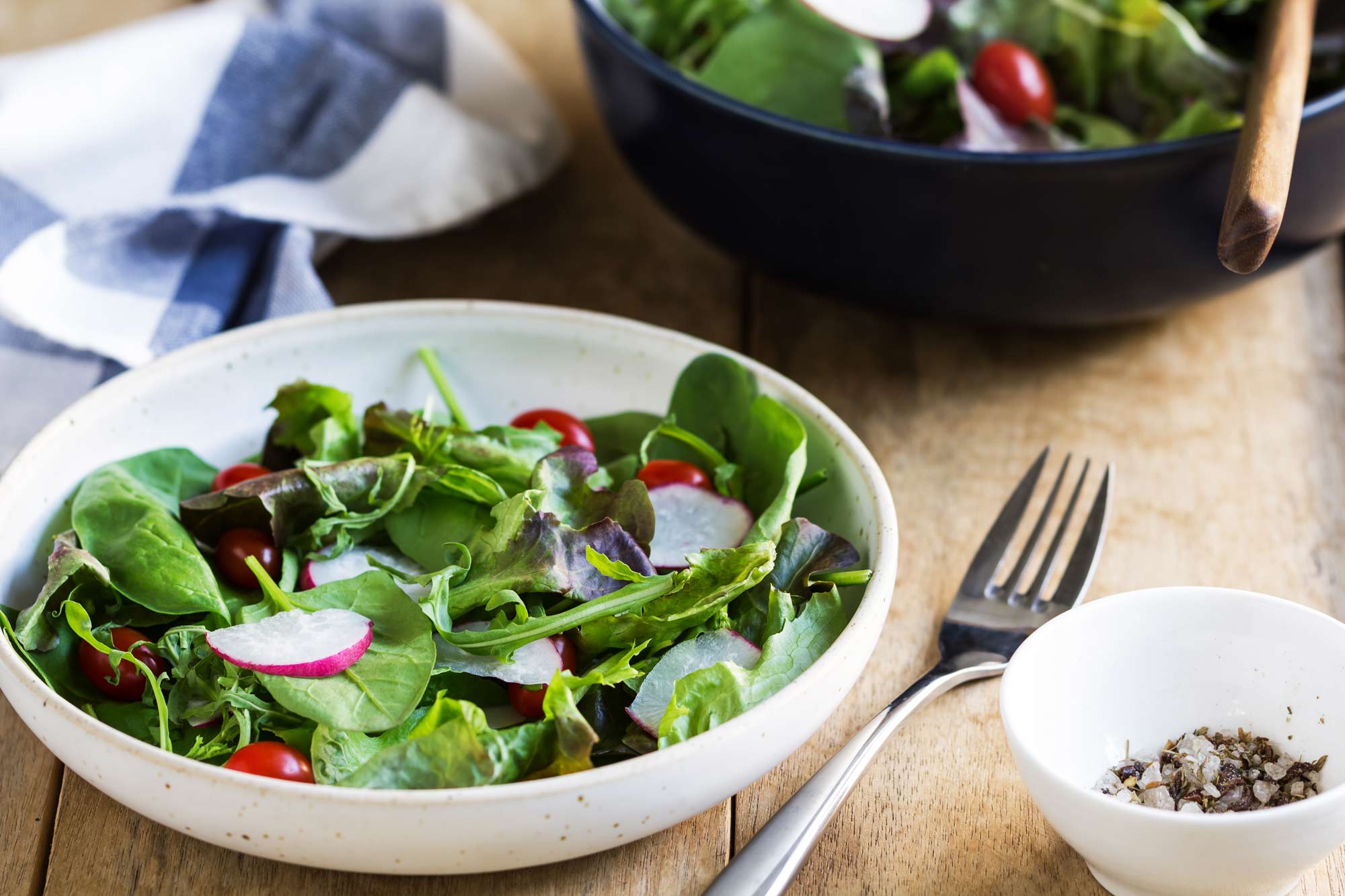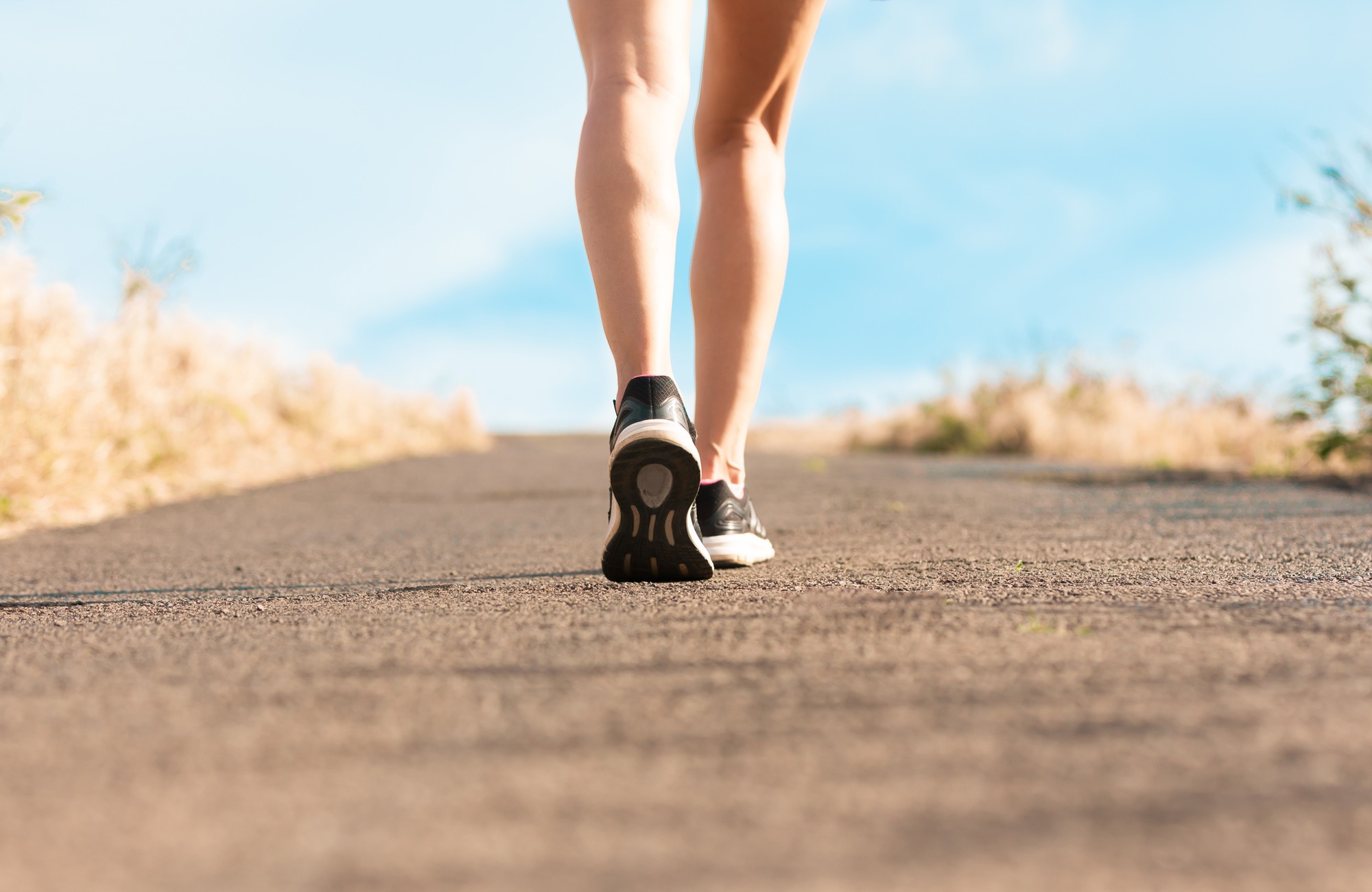Despite living with an abundance of food, many people are actually under-nourished. By this, I mean low or lacking in, or even deficient in some very important nutrients. It is possible to be malnourished even though your clothes are getting tighter, particularly with the prevalence of processed foods available now, that offers very little if any nutritional value. You may be eating enough (or too much) food, but you may not be eating enough nutrient dense foods. Let’s explore five nutrients of which you may not be getting enough.
Iron
Iron helps deliver oxygen throughout the body. Iron is important for transforming food into energy, it assists in making neurotransmitters (chemical messengers in the brain), and it even plays an important role in the immune system.
How to get more iron?
Food sources of iron include beef, lamb, eggs, mussels, dates and green leafy vegetables. Variety is key, as there is a small amount of iron in many foods. If you do not eat animal foods, do not assume you are iron-deficient. For some vegetarians, their body utilises the iron from vegetables sources very efficiently, while others don’t. Vegetable sources of iron are better absorbed in the presence of vitamin C. It is best to have a test before you supplement with iron.
You can also help your body absorb non-haem iron by avoiding tea, coffee and red wine at meals since the tannins they contain inhibit non-haem iron absorption.
Iodine
Iodine is needed for numerous processes and systems inside the body, including those that make thyroid hormones, which help control metabolism, growth and development (including growth and development of the brain). Iodine is also essential for healthy ovarian function, playing a role in helping to ease some of the symptoms of premenstrual tension (PMT).
How to get more iodine?
Foods that contain iodine include some seafood, seaweeds such as kelp, and some salts. Not all salts contain iodine so be sure to read the label and ensure that the salt you use does, to help contribute towards your intake. If you don’t eat these foods daily, it may be wise to supplement.
Selenium
Selenium is an incredibly important trace element that is essential to our wellbeing. The body needs it in small amounts for a number of functions including to help regulate thyroid hormones and support a healthy immune system. The importance of selenium in animal nutrition was first discovered in the 1950s, when it was shown that myopathies (neuromuscular disorders) in sheep and cattle could be prevented by adding selenium and vitamin E to their diet.
How to get more selenium?
Very few foods contain selenium as if a nutrient isn’t in the soil, it can’t be in our food. The simplest way to improve our selenium intake is to eat two to four Brazil nuts each day, as these are the richest food source of selenium.
Zinc
Zinc is needed to make insulin and digestive enzymes, to maintain a healthy immune system, for great skin, for sex hormone balance, and for male reproductive health.
How to get more zinc
Foods that contain zinc include oysters from clean waters, beef, lamb, eggs, pumpkin seeds and sunflower seeds. Zinc can be taken as a supplement. However, because many substances in food including fibre can interfere with its absorption, it is best taken before bed, away from food, to maximise absorption.
Vitamin D
Vitamin D has a number of critical functions in the body, including helping the absorption of calcium. It is vital for healthy bones and muscles, immune function, the prevention of Alzheimer’s disease and type 2 diabetes, as well as healthy ovulation and hence sex hormone balance.
How to get more vitamin D?
Even though there are some dietary sources of vitamin D available (organic butter, oily fish, eggs), there’s often not enough in what is considered an ‘average’ diet to obtain what you need. However, the most effective way to increase your vitamin D status is actually relatively easy – focus on safe sun exposure. Obviously the ease with which can achieve this varies depending on the time of year. Alternatively, you can consider a good quality vitamin D supplement.


